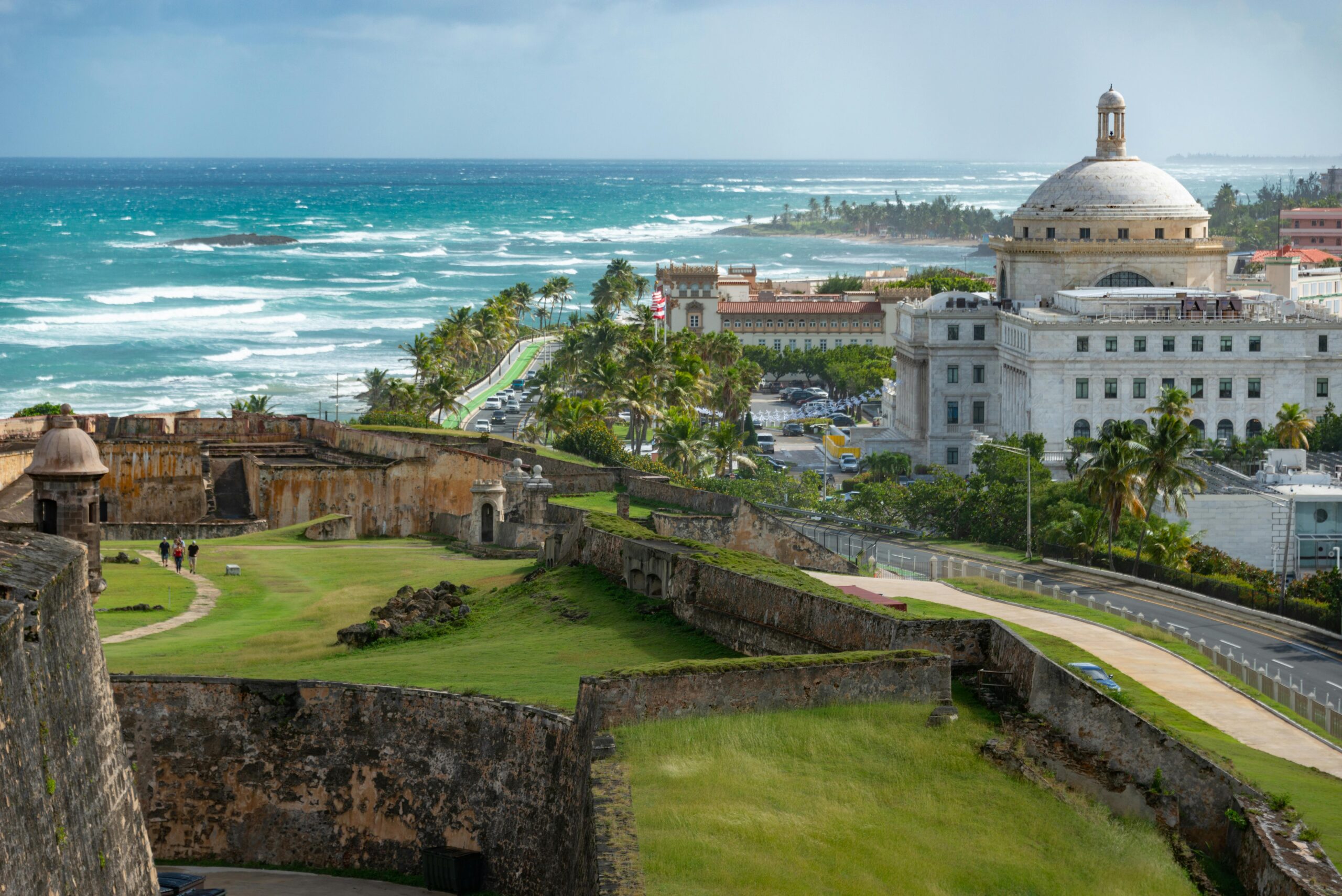Ireland has a rich and fascinating history that dates back thousands of years. The earliest known inhabitants of the island were the Celts, who arrived in the Bronze Age and established a number of powerful kingdoms. In the centuries that followed, Ireland was invaded and settled by a number of different groups, including the Vikings and Normans.
In the Middle Ages, Ireland was divided into several smaller kingdoms, each with its own king or chieftain. In the late medieval period, these kingdoms were united under the rule of the English king Henry VIII, and the island became part of the Kingdom of Ireland.
During the early modern period, Ireland was a predominantly agricultural society, and many Irish people were heavily reliant on the land for their livelihoods. In the 19th century, however, the island underwent significant social and economic changes, including the Great Famine of the 1840s and the rise of nationalism.
In 1922, the majority of Ireland gained independence from the United Kingdom, and the Irish Free State was established. In 1949, the Irish Free State became the Republic of Ireland, and the island was divided into the independent Republic of Ireland and Northern Ireland, which remains part of the United Kingdom.
Today, the Republic of Ireland is a sovereign, independent nation and a member of the European Union. It is known for its rich cultural heritage, its vibrant economy, and its beautiful landscapes. Northern Ireland, on the other hand, is part of the United Kingdom and has a complex political and cultural relationship with the rest of the island.
Genetics
Like other European populations, the Irish genetic profile is influenced by a mixture of various groups, including Celts, Vikings, and Normans, as well as more recent immigrants from other parts of Europe and the world.
However, it is important to note that there is a great deal of variation within the Irish population, and the genetic admixture of any individual person will depend on their specific ancestry and family history.
Additionally, genetics is a complex and rapidly-evolving field, and our understanding of the genetic makeup of different populations is constantly changing.





